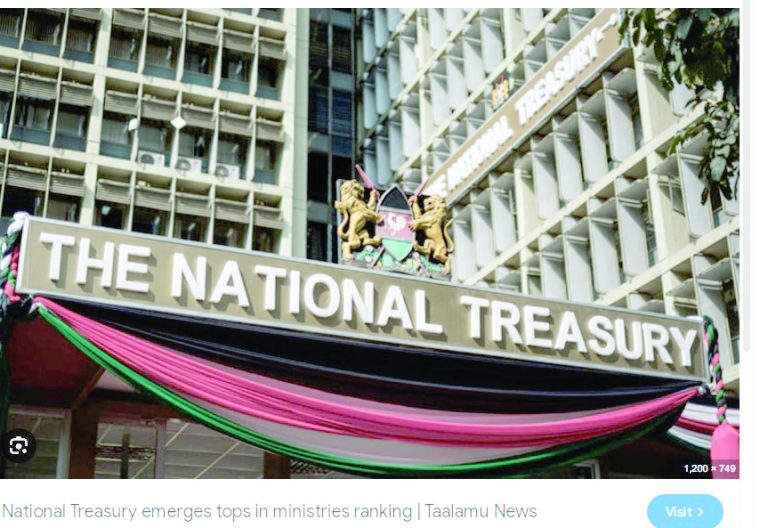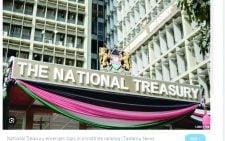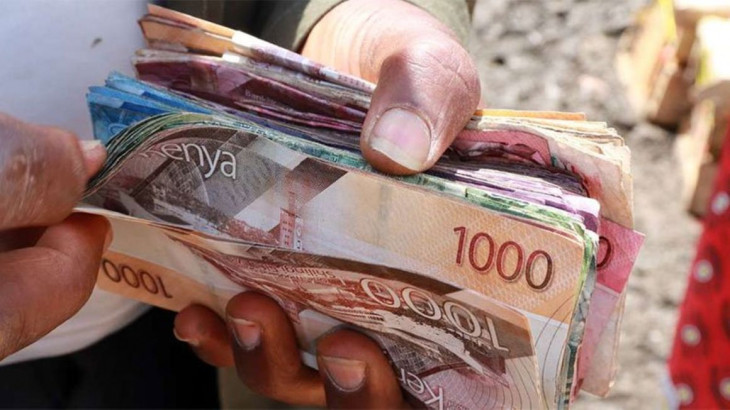Treasury eyes Sh80b from another tap sale

The government is looking to raise over Sh80 billion from the local market through a tap sale of long-term Treasury bonds for ‘budgetary support’.
These include 15, 20, and 25-year bonds that were originally issued as far back as 2012. This reflects the State’s growing need to rely on domestic borrowing as access to international loans becomes harder due to global political and economic uncertainty.
This saw the Central Bank of Kenya (CBK) reopen three bond issues: FXD1/2022/015, FXD1/2022/025, and FXD1/2012/020, offering them at interest rates of 13.9 per cent, 14.1 per cent, and 12 per cent respectively.
Through this tap sale, the government aims to raise Sh50 billion from the 15 and 25-year bonds, and another Sh30 billion from the 20-year bond. The offers for the 15 and 25-year bonds will close by the end of this month, while the 20-year bond closes in early May.
Why tap sales
A tap sale allows governments to sell more of an already existing bond instead of creating a new one. This helps raise funds quickly without going through the usual auction process. Investors who are successful in their bids will be required to make payments via the CBK’s DhowCSD portal, with payment dates set for May 2 and May 9, depending on the bond type.
“All successful bidders should obtain the payment key and amount payable from the CBK DhowCSD investor Portal/App under the transactions tab on Friday, May 2, 2025, for FXD1/2022/015 and FXD1/2022/025 and Friday, May 9, 2025, for FXD1/2012/020,” the apex bank said on the notice.
Currently, the Kenya Kwanza government is already under pressure to manage huge debts inherited from previous administrations, much of which was also used for budgetary support.
Kenya is increasingly relying on domestic debt through bonds to finance its fiscal needs, particularly as it becomes more cautious about accessing the international Eurobond market.
The move is driven by factors like cautious treasury practices and high borrowing costs on the international stage. The increased domestic borrowing could lead to the private sector being crowded out, as investors may prefer the perceived safety of government bonds.
The heavy borrowing by the government has however made it harder for the private sector to access affordable credit.
Banks are more inclined to lend to the government due to the lower risk, leaving businesses and individuals struggling to get loans.
Kenya Bankers Association CEO Raymond Molenje recently told the National Assembly’s Finance Committee that a uniform lending rate for both government and private sector borrowing is necessary. He highlighted the situation in 2002, when low government borrowing rates encouraged banks to lend more to the private sector, boosting economic activity. As CBK works to reduce its base lending rate, there is hope that commercial banks will respond by lowering loan rates to businesses and individuals. This could help ease the financial strain in the economy, provided the government reins in its appetite for domestic borrowing.












